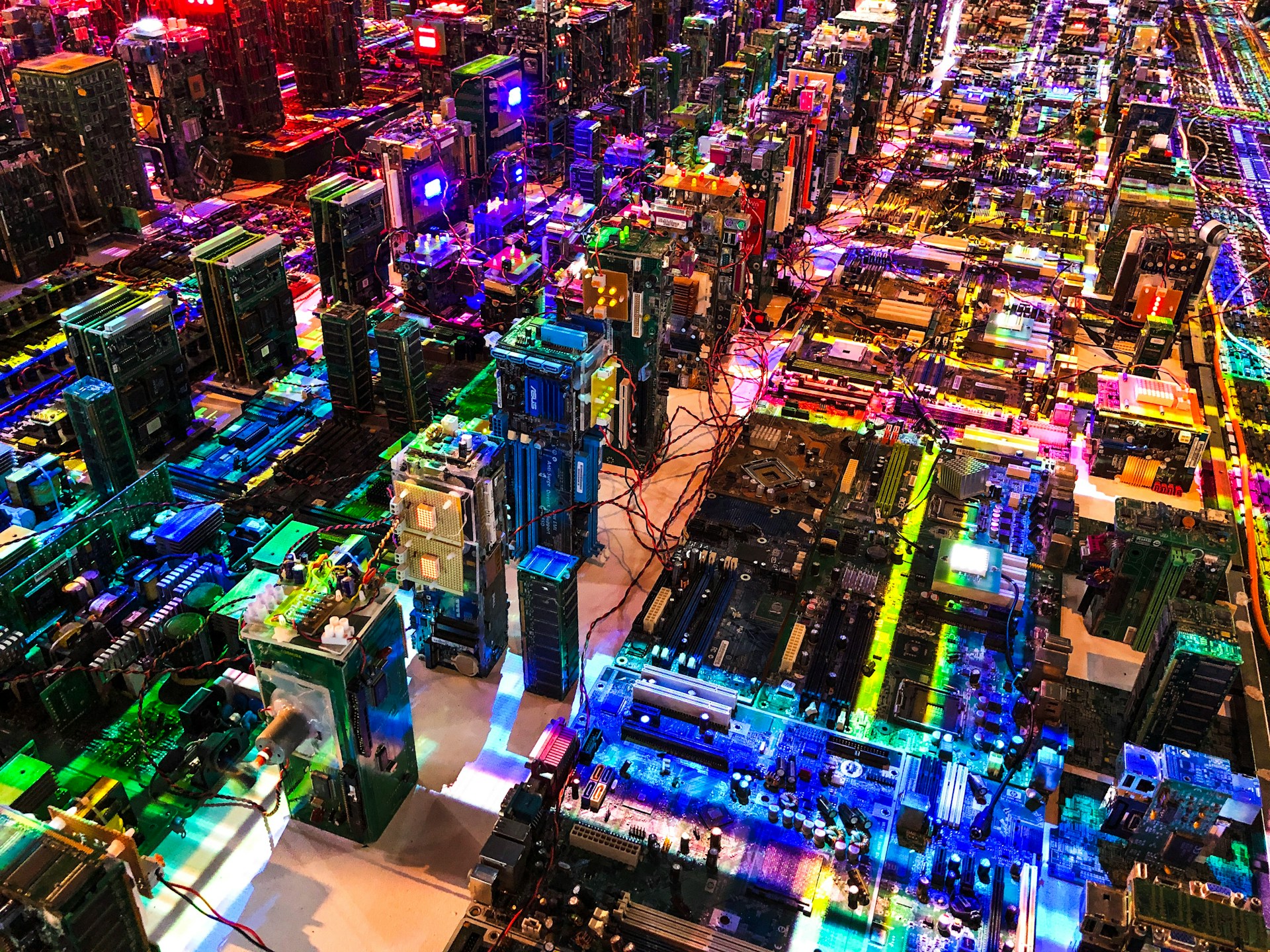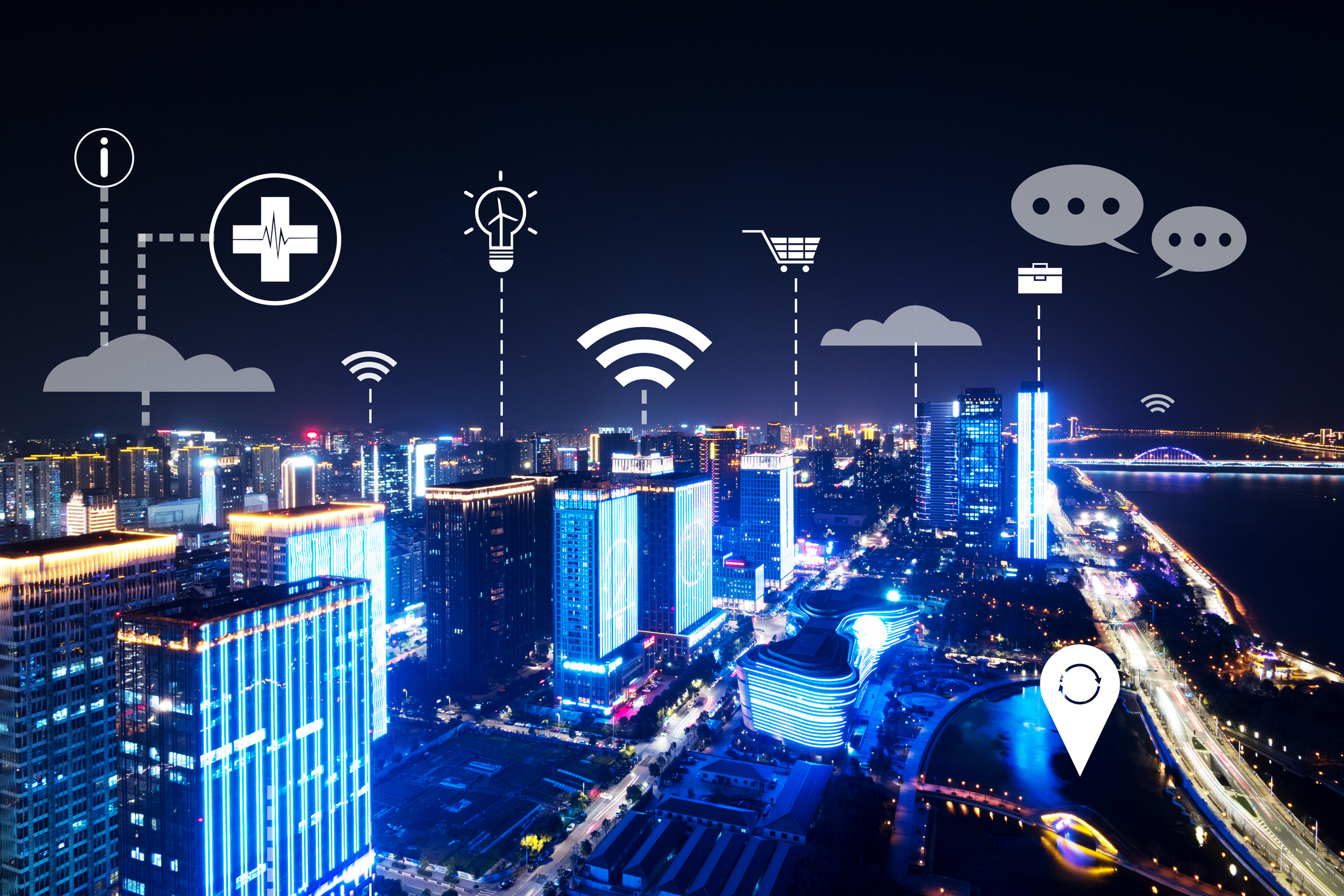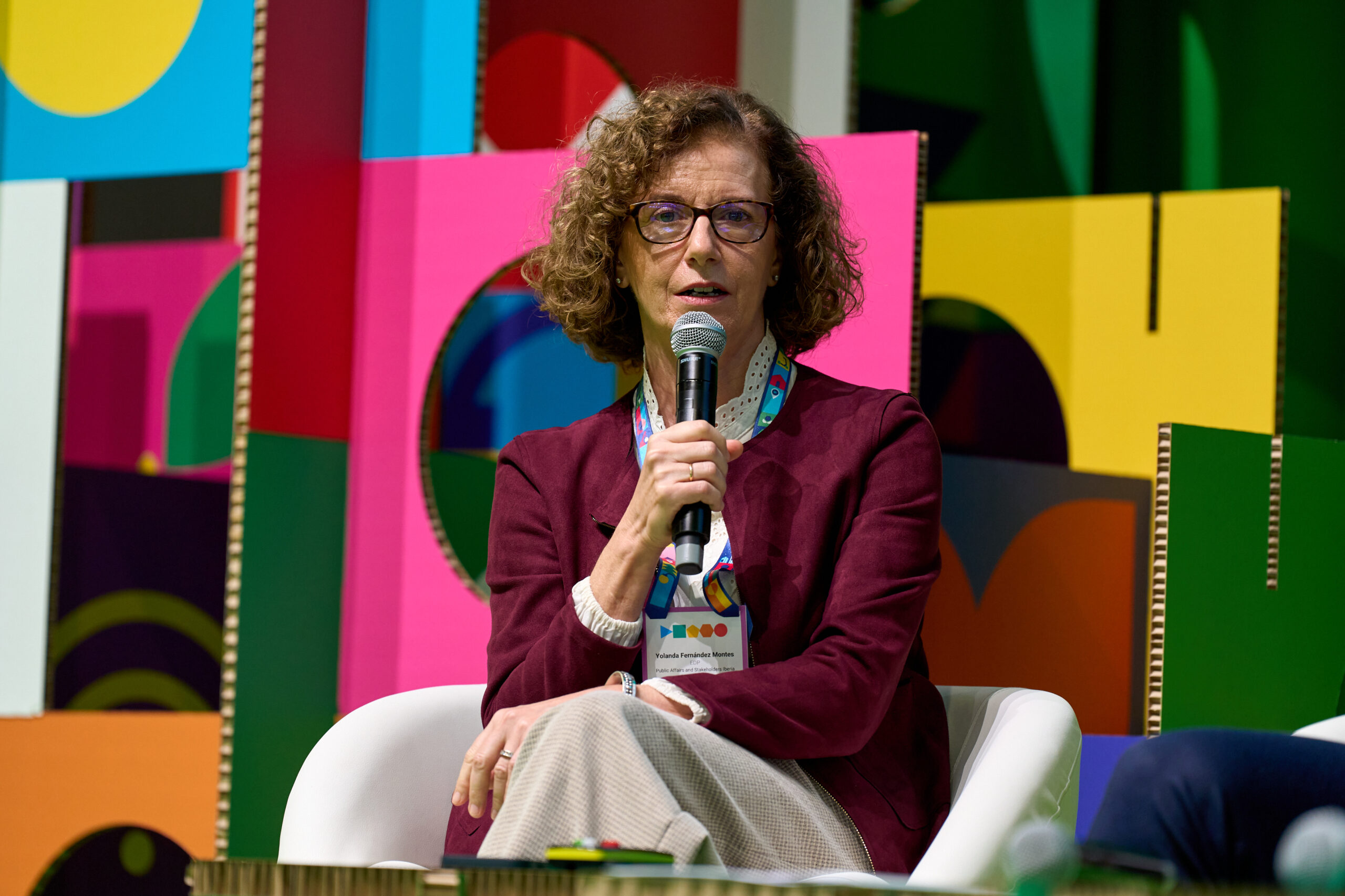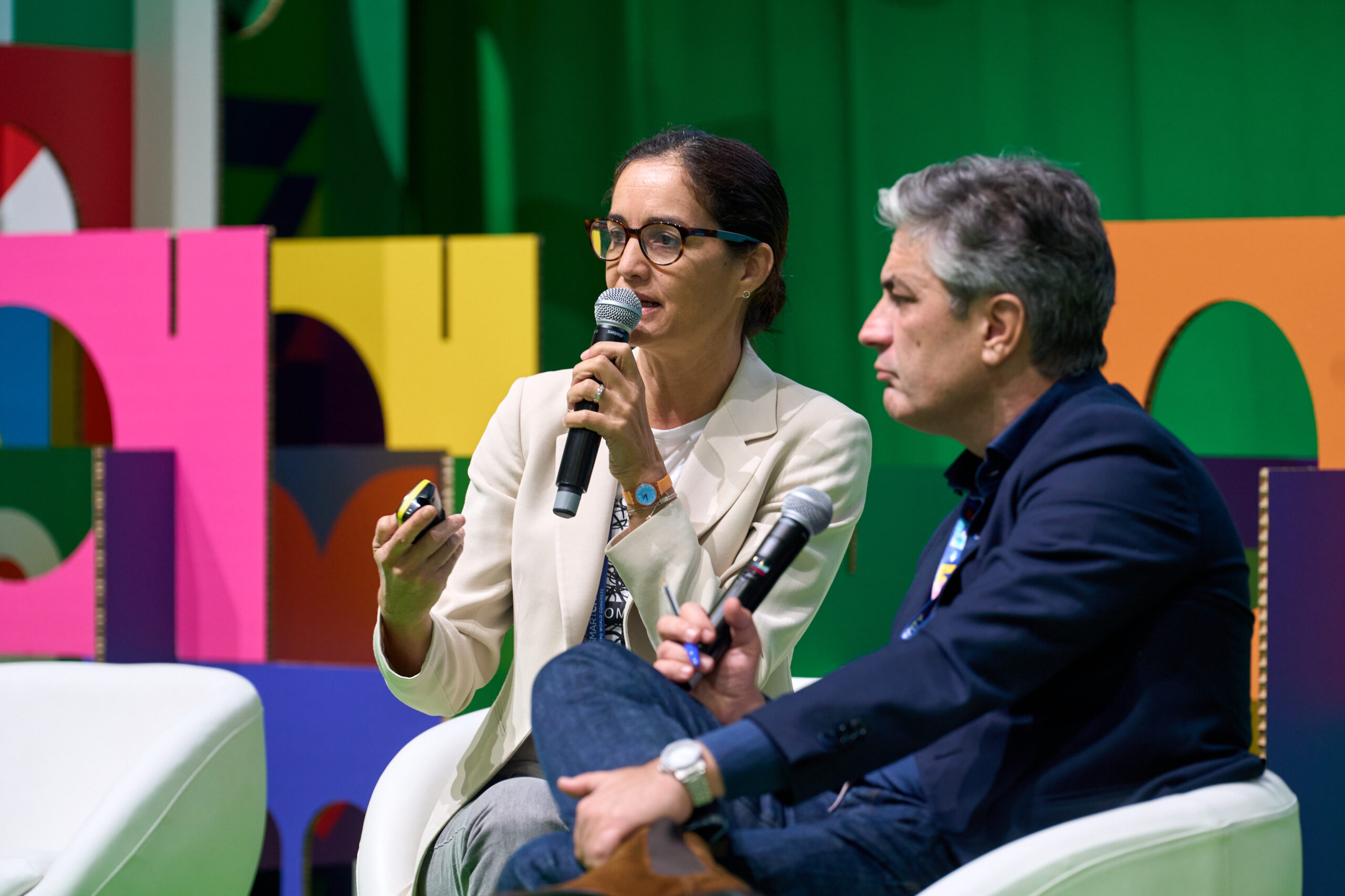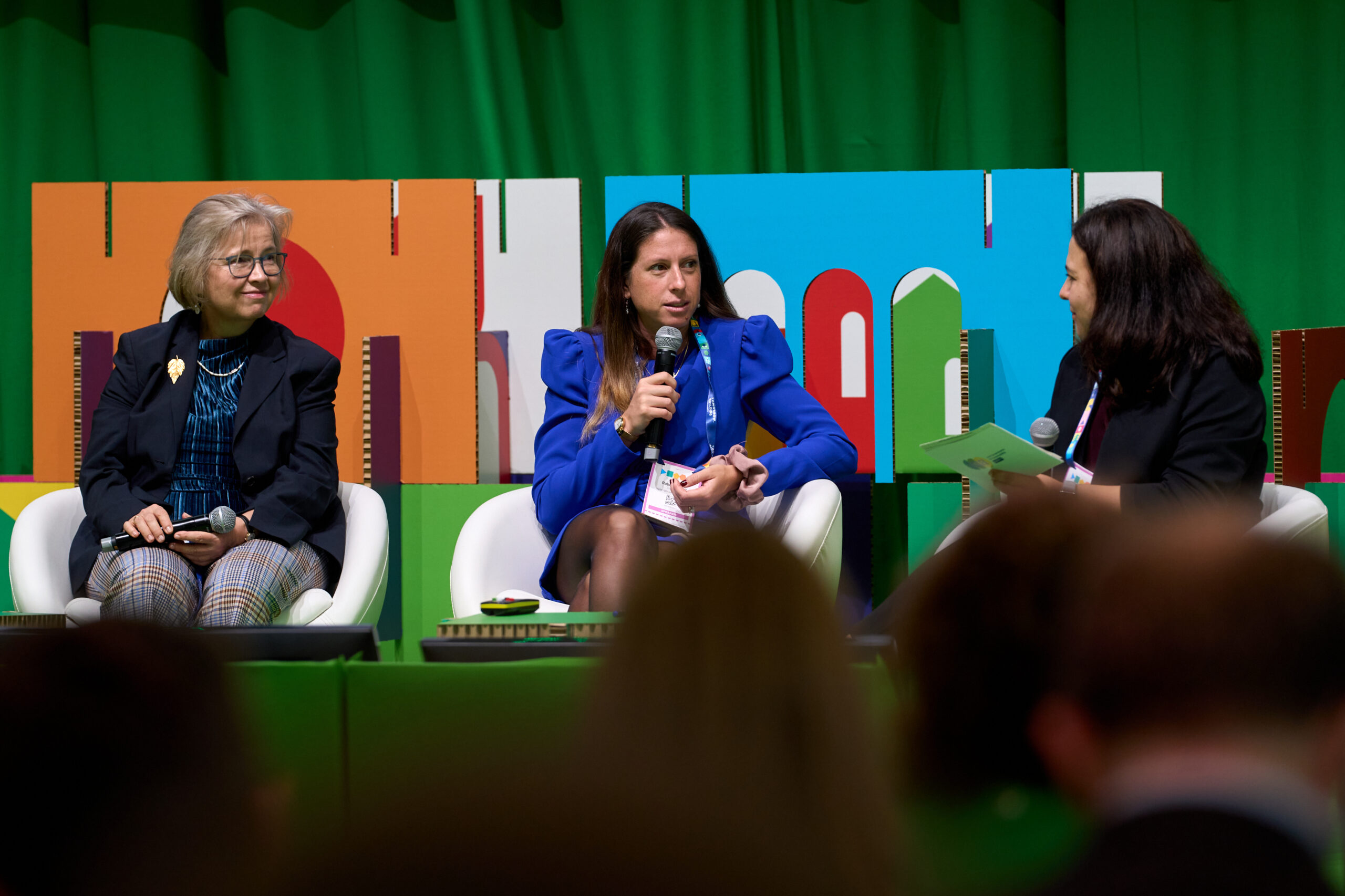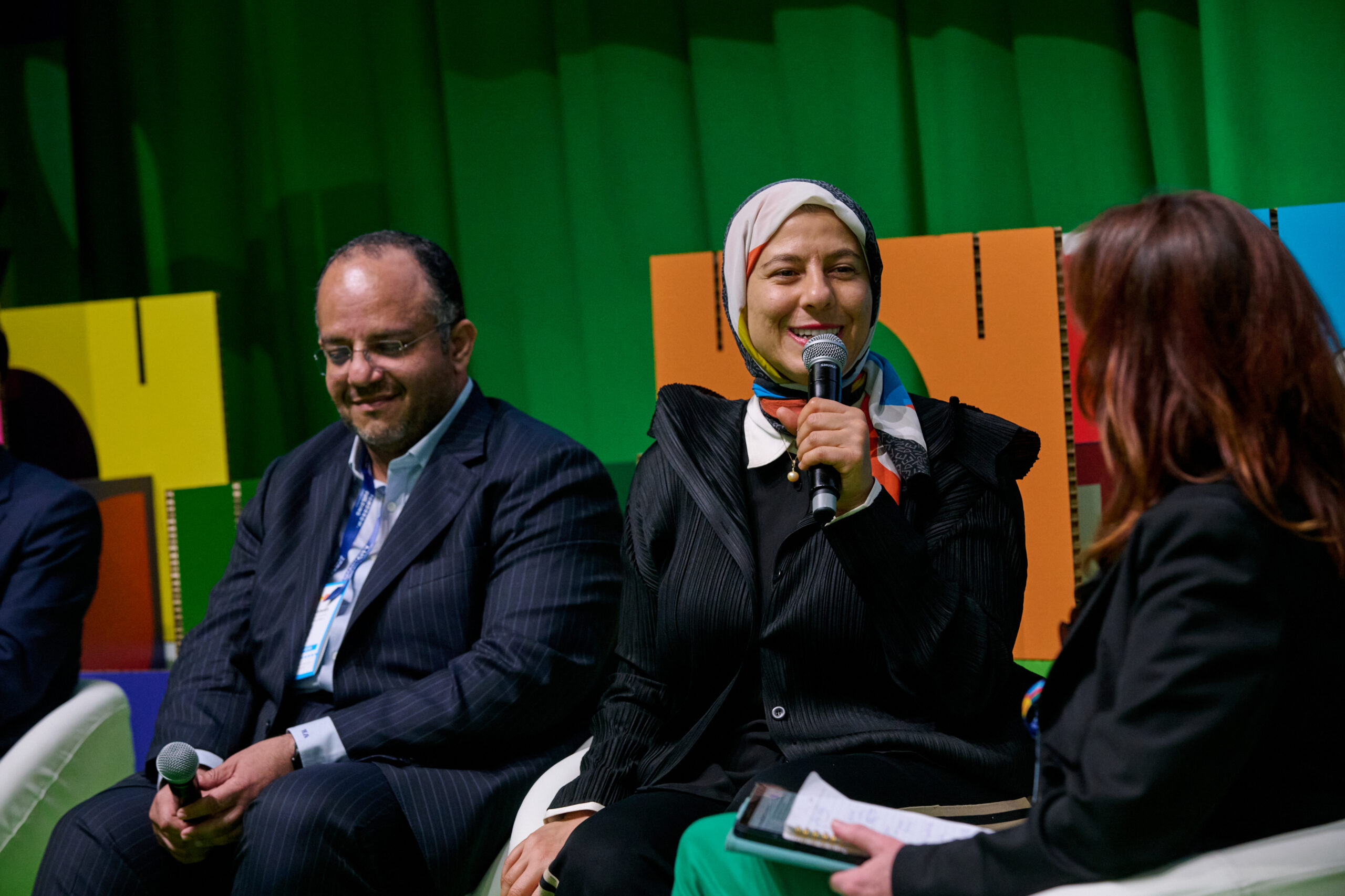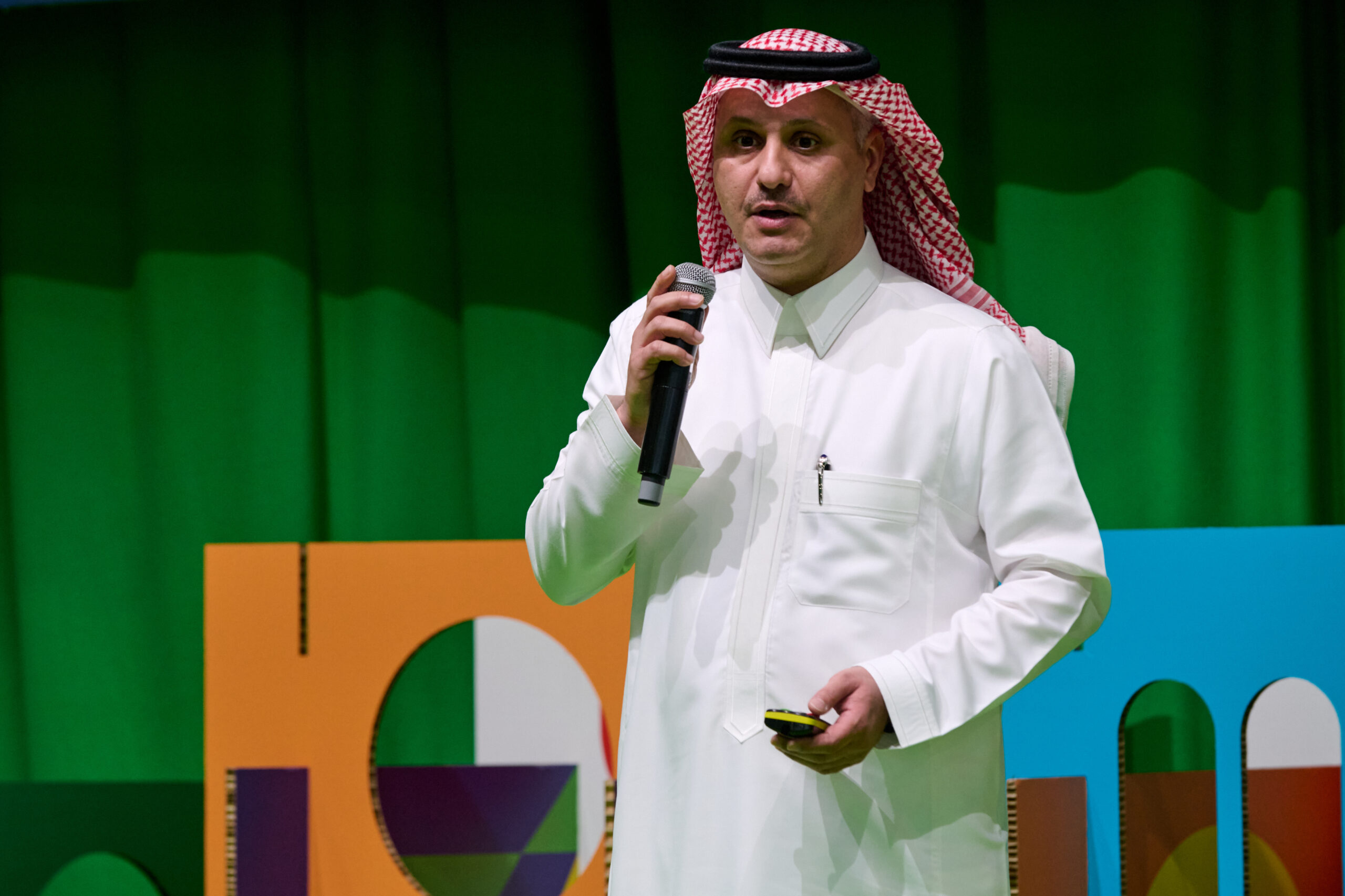Author | Lucía Burbano
Cities must actively reduce their emissions to achieve the mid- and long-term decarbonization goals they have set. One of the infrastructures requiring the most effort in this regard is municipal waste management, as it is a major source of methane—a potent greenhouse gas.
A report by the United Nations Environment Program warns that each year 2 billion tons of municipal waste are generated globally—a number expected to increase by two-thirds in the Southern Hemisphere by 2050. The lack of adequate infrastructure in these countries often hinders the proper collection, sorting, and safe disposal of waste, leading to its accumulation in landfill sites.
However, the integration of technology and urban initiatives is already providing solutions to manage municipal waste more efficiently, helping to reduce emissions associated with the process.
Technologies united to reduce the emissions from urban landfill sites
Globally, we generate 2.01 billion tons of solid urban waste each year, with at least 33% of it being unmanaged in terms of its environmental impact. High-income countries, despite comprising only 16% of the global population, are responsible for approximately 34% of municipal waste.
Cities around the world are collaborating, for instance, through the C40 network, to improve waste management practices, with a particular focus on reducing methane emissions.
To achieve these goals, cities are implementing key projects, such as developing landfill sites equipped with gas capture technologies for gases like methane, and repurposing it as a source of energy for generating electricity or heat.
Digital technologies play a crucial role in optimizing collection routes, tracking vehicles and material movement through the supply chain, classifying waste, and identifying suitable locations for waste management facilities.
Furthermore, artificial intelligence is being used more extensively to predict waste composition, identify and classify materials, reduce waste and food loss, and forecast contamination hotspots in marine environments caused by waste.
By integrating robotics, computer visualization systems, and IoT-enabled smart sensors, with AI, we achieve enhanced accuracy in waste classification, more efficient recycling processes, and better diversion of waste to appropriate disposal sites. Robotic arms equipped with artificial intelligence algorithms and advanced sensors can recognize several types of waste, including metals, plastics, glass, paper, and even harder-to-distinguish plastic types that traditional systems often struggle to identify.
Smart cities at the forefront in the use of technologies in waste management

Helsinki
The city conducted a study on the traceability potential provided by blockchain technology. Specifically, the study focused on the implementation of digital passports for products, allowing operators in the manufacturing chain to input information about the materials used. This enables recycling facilities to access product data at the end of their life cycle and select the most appropriate recycling method.
Orange County
Orange County’s Smart Landfill Program enhances efficiency by automating information and critical equipment through real-time data analysis, drone technology, and infrared imaging. This advanced approach enables more accurate monitoring and management of landfill operations, ultimately reducing methane emissions and pollutants. The goal is to comply with California’s law, which mandates a 75% reduction in organic waste sent to landfill sites by 2025.
Photographs | Unsplash/zibik, Unsplash/Nathan Cima





